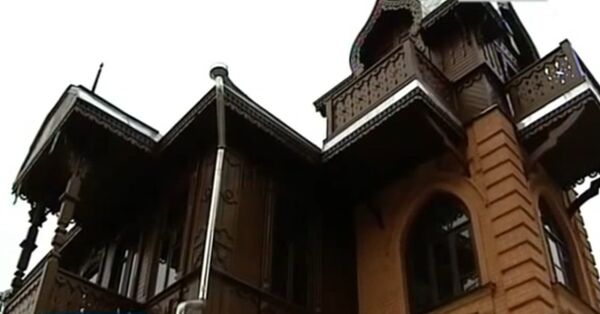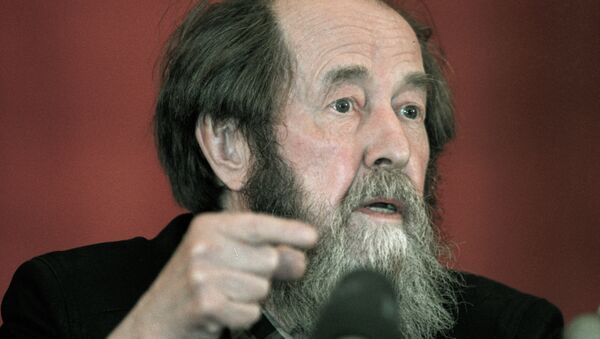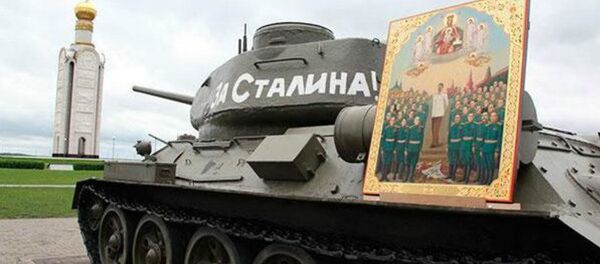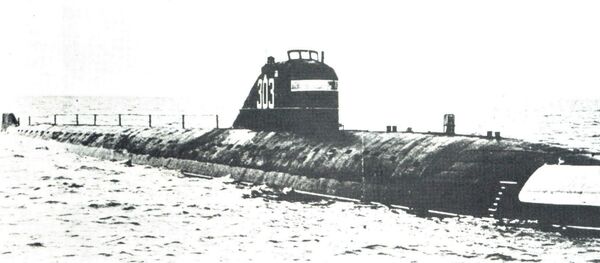The museum is situated in the house of Solzhenitsyn's aunt, Maria Gorina, where the writer lived from 1920 to 1924.
In 2008 the house was declared to be an object of national cultural significance by presidential decree, and in 2009 it was given to the State Literature Museum, in order to be restored with a view to its eventual use as a museum.

Visitors to the museum will be able to listen to audio and video material including readings by Solzhenitsyn himself, interviews and films about the author. As a cultural center, the museum will also feature a space for lectures, seminars and video presentations.
"I would like the museum to be useful to the younger generations of Kislovodsk and the northern Caucusus," said the writer's widow Natalia Solzhenitsyn at the opening. "After all, all Aleksandr Isaevich's roots are from here."
Solzhenitsyn was awarded the Nobel Prize for Literature in 1970 "for the ethical force with which he has pursued the indispensable traditions of Russian literature." The writer was stripped of Soviet citizenship in 1974 and deported from the country; he returned to Russia in 1994.
"Aleksandr Isaevich always believed he would return to Russia, that's how strong his spiritual connection was … and he returned," said film director Stanislav Govorukhin at the ceremony on Sunday. "Today's opening of the museum is another return of the great writer to his homeland."




